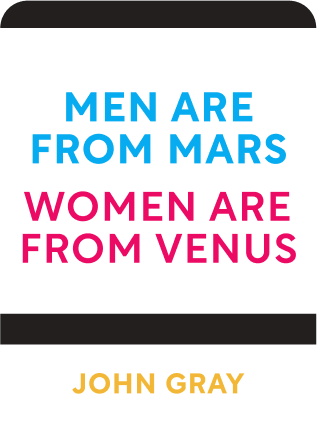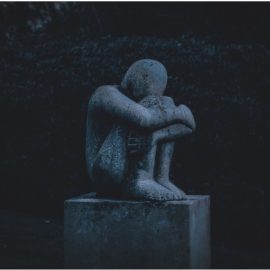

This article is an excerpt from the Shortform book guide to "Men Are From Mars, Women Are From Venus" by John Gray. Shortform has the world's best summaries and analyses of books you should be reading.
Like this article? Sign up for a free trial here .
What is the connection between childhood trauma and intimate relationships? How can suppressed emotions from your childhood affect your adult relationships?
The subject of childhood trauma and intimate relationships is a complicated one. It’s not always easy to identify whether a conflict in a romantic relationship is caused by a present emotion or an unresolved feeling from the past.
Read about childhood trauma and intimate relationships.
Understanding Childhood Trauma and Intimate Relationships
When you feel safe and secure in love, negative feelings from your past may begin to resurface. In fact, unresolved emotions from childhood trauma impact intimate relationships and the way you express your feelings today.
The negative emotions that you weren’t able to express as a child have been suppressed within you for years. Because your parents were your primary examples of communication growing up, you have to learn how to overcome the unsuccessful communication skills that were ingrained in you. For example:
- If your parents punished you for all of your childhood mistakes, you’ll have to learn how to say “I’m sorry” and deal with mistakes lovingly as an adult.
- If you were punished or ridiculed for crying as a child, you’ll have to learn to come to terms with grief and express negative emotions in your adult relationships.
- You might have difficulty trusting your romantic partner if you were betrayed by a trusted adult in your childhood.
When you are finally at a place of emotional safety and security, the negative feelings associated with your past will resurface in your consciousness so that they can be expressed and healed.
Unfortunately, it isn’t always easy to identify when your unresolved emotions are presenting themselves to be healed. Mistaking an old emotion for a present emotion can create conflicts in your relationship.
For example, imagine that Ben harbors feelings of abandonment because his father left when he was a child. Later in life, Ben enters a healthy, loving relationship. Ben doesn’t understand why he sometimes feels rejected and abandoned by his partner. It is because he is projecting past, unresolved pain onto his present relationship.
If, like Ben, you let your negative emotions drive you into a conflict with your partner, the feelings will become suppressed again only to resurface the next time you feel safe and loved.
Unresolved Emotions Cause Conflict in Relationships
In relationships, 90% of conflicts are related to unresolved emotions from the past.
For example, imagine that someone lightly pokes your arm. You would most likely not feel any pain. But if you had an open wound on your arm, it would be intensely painful for someone to poke it.
This illustrates how emotional wounds from our past make us more sensitive to certain kinds of conflict. Without an awareness of the ways that your unresolved feelings affect you, you will likely end up in a conflict with your partner over something that is only 10% your partner’s fault.

———End of Preview———
Like what you just read? Read the rest of the world's best book summary and analysis of John Gray's "Men Are From Mars, Women Are From Venus" at Shortform .
Here's what you'll find in our full Men Are From Mars, Women Are From Venus summary :
- Why it feels like men and women come from two different planets
- How to navigate the gender-based differences in communication
- The 6 things that men and women need in a loving relationship






